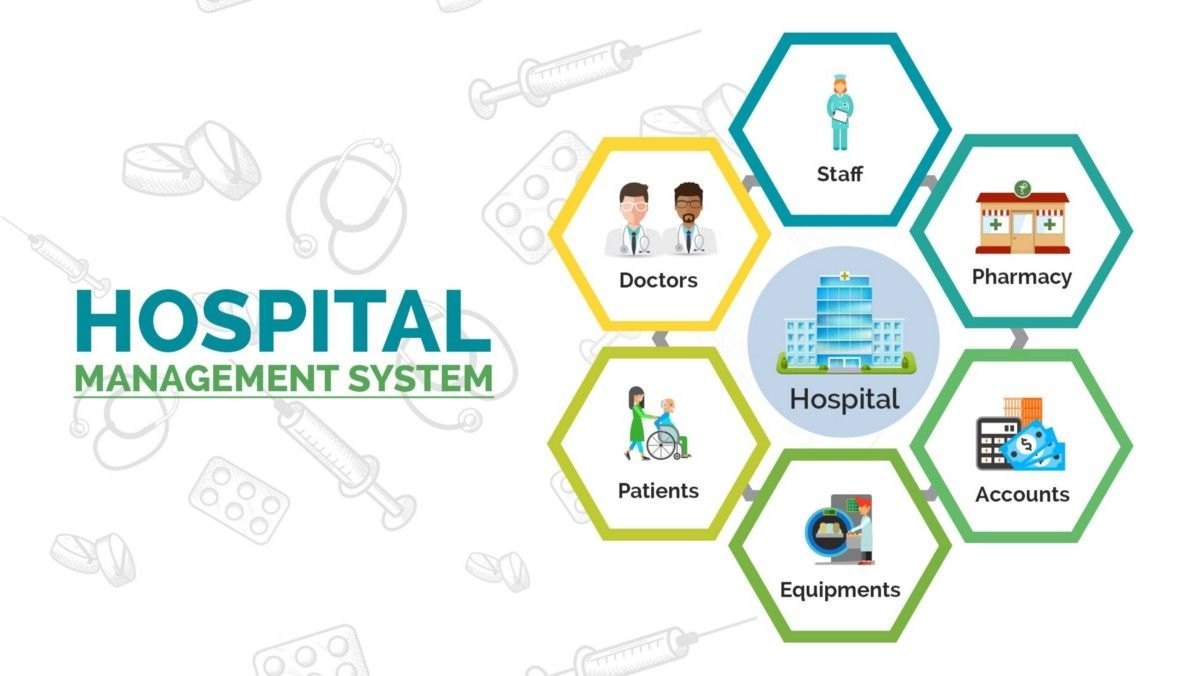
Mar 23, 2025


A Comprehensive Guide to Choosing the Right Electronic Medical Record (EMR) System for Your Healthcare Practice
Read more
Discover the Top EMR Software for Dermatology Clinics in India - Doctors App
Read more
Explore the best OPD software for physiotherapy clinics in India and learn how Doctors App can help streamline operations, improve patient outcomes, and increase profitability.
Read more